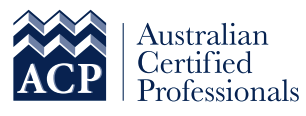Residential investment property loan data-matching program
The ATO will acquire residential investment property loan data from authorized financial institutions for the 2021-22 through to 2025-26 financial years, including:
- client identification details (names, addresses, phone numbers, dates of birth, etc);
- account details (account numbers, BSB's, balances, commencement and end dates, etc);
- transaction details (transaction date, transaction amount, etc); and
- property details (addresses, etc).
The ATO estimates that records relating to approximately 1.7 million individuals will be obtained each financial year. The principal uses of this data include “education and online services”, “data analytics and insights”, as well as to help the ATO “identify relevant cases for administrative action, including compliance activities”.
The ATO has a dedicated webpage dealing with its data-matching protocols (24 in total at the time of writing). It states on this webpage that: “Matching external data with our own helps us to ensure that people and businesses comply with their tax and super obligations. It also helps us to detect fraud against the Commonwealth.”



